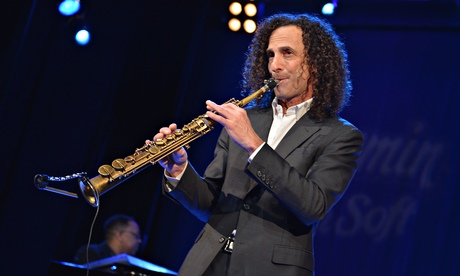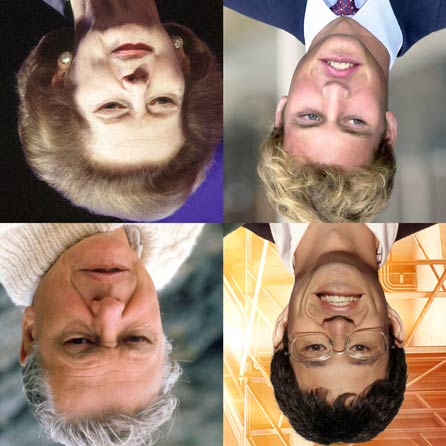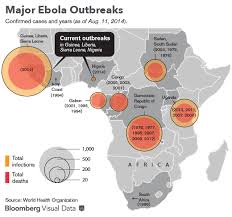Couple Tries to Un-Adopt Kids Who Threatened to Kill Them

(Reuters)
http://www.newser.com/story/197852/couple-tries-to-un-adopt-kids-who-threatened-to-kill-them.html
By: Matt Cantor
1) Who should decide the outcome of this case? What evidence did the couple have that the children were stable? What evidence would be most compelling in prosecuting the children? The parents? The adoption agency? The Russian government?
2) Why might a Russian and an American have different opinions on the subject? An American born in 1945 vs an American born in 1985? Someone who's been adopted? Someone who's never had children?
3) How is this connected to the current political relations between Russia and the U.S.? The Soviet Union? How is this similar to a warranty for a product? Different? How is this connected to science? Language Arts?
4) What would happen if all adoptions from foreign countries were outlawed? Would this be different if the children were American? Ethiopian?
5) What is the significance of this issue? At what point are the children responsible for their own actions? To what degree does biology affect your destiny?
Extension Activities:
1) Students can chart adoption rates to the U.S. from other countries and predict future impact.
2) Students can research the emerging field of neuro-criminology and create appropriate method of justice for people who have genetic predisposition to criminal behavior.
3) Students can research the effectiveness of reciprocity laws between countries and report how these impact our country.












